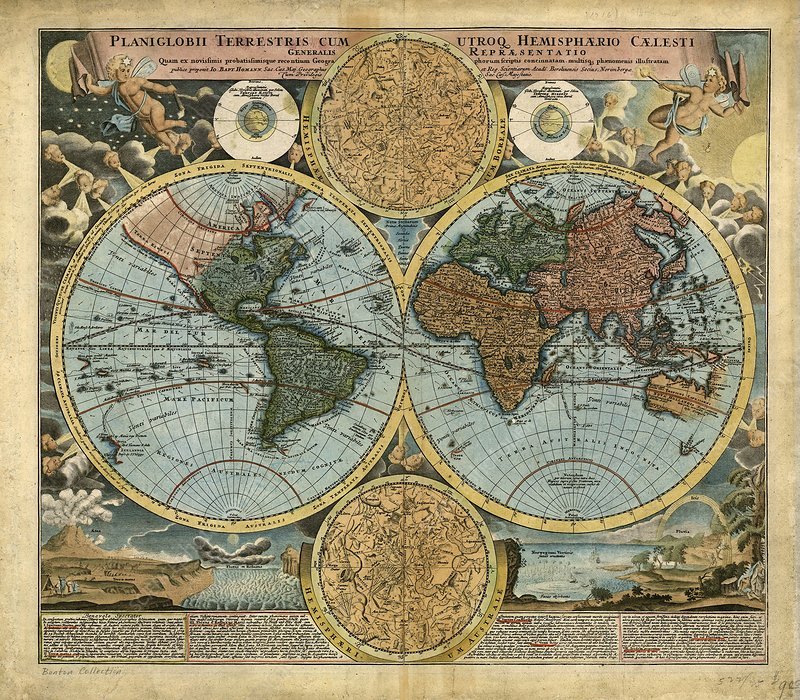
the future of strategy: be less complicated
Ben Shaw
20/08/2018
When Europeans set sail for the New World, there were two key tasks explorers needed to plan for: first, how would they know if they were heading the right way; and second, who could tell them where the treasure was when they got there? From the findings in this year’s report it seems like the global strategy crew need to know their role in how they find the gold. But it’s these two things, direction and interpretation, where they can add most value to the modern-day exploration of uncharted territories.
We shouldn’t underestimate the fundamental role of leadership in merely pointing the way. Despite it increasingly seeming like a science, our industry is not only impacted by a huge number of external factors, but so much of its impact is the efficacy of its art.
Be the guiding compass. The answer to this fluffiness in the past was decision-making through data, but we have learned that not only is there too much data for humans to interpret properly, there are also multiple interpretations of the same datapoint. This is compounded by our clients often having access to even more information than we do – but complexity breeds confusion. Someone, somewhere, needs to make the complex simple and make a call – that is a strategist’s responsibility.
Be the translator. Once we know where we’re going we need to figure out what we’re doing when we get there. Yes, there has been a rise in short term planning, but that doesn’t mean tactical planning is any less important than big-vision long-term thinking. More channels, more audiences, more opportunities than ever before – what are the tricks, tactics and skills we need to win in each of those spaces? It is naive to think one person can do all that, or that they only need a light-touch knowledge of each channel. We need to be providing more guidance, in more places, for more clients than ever before which means we need to be more collaborative with other clients, strategists and agencies than we previously were. Being able to communicate with all these different opportunities and disciplines, and then interpret it all into one plan – that is also a strategist’s responsibility.
Lift morale. Lastly, both of these tasks share the same common value – simplification. A compass tells you the direction without all the surrounding TomTom faff, and we all know the best interpreters don’t directly translate, they convey what needs to be said. How can strategists bring it all together? With the very last, very simple thing that unites the success of the world’s most bountiful explorers and the themes from the report – ship morale. Strategists are vital to contributing to the positivity of the crew and should be taking a leading role in stopping a mutiny in tough times – because it’s their leadership skills that can provide hope in stormy seas.
